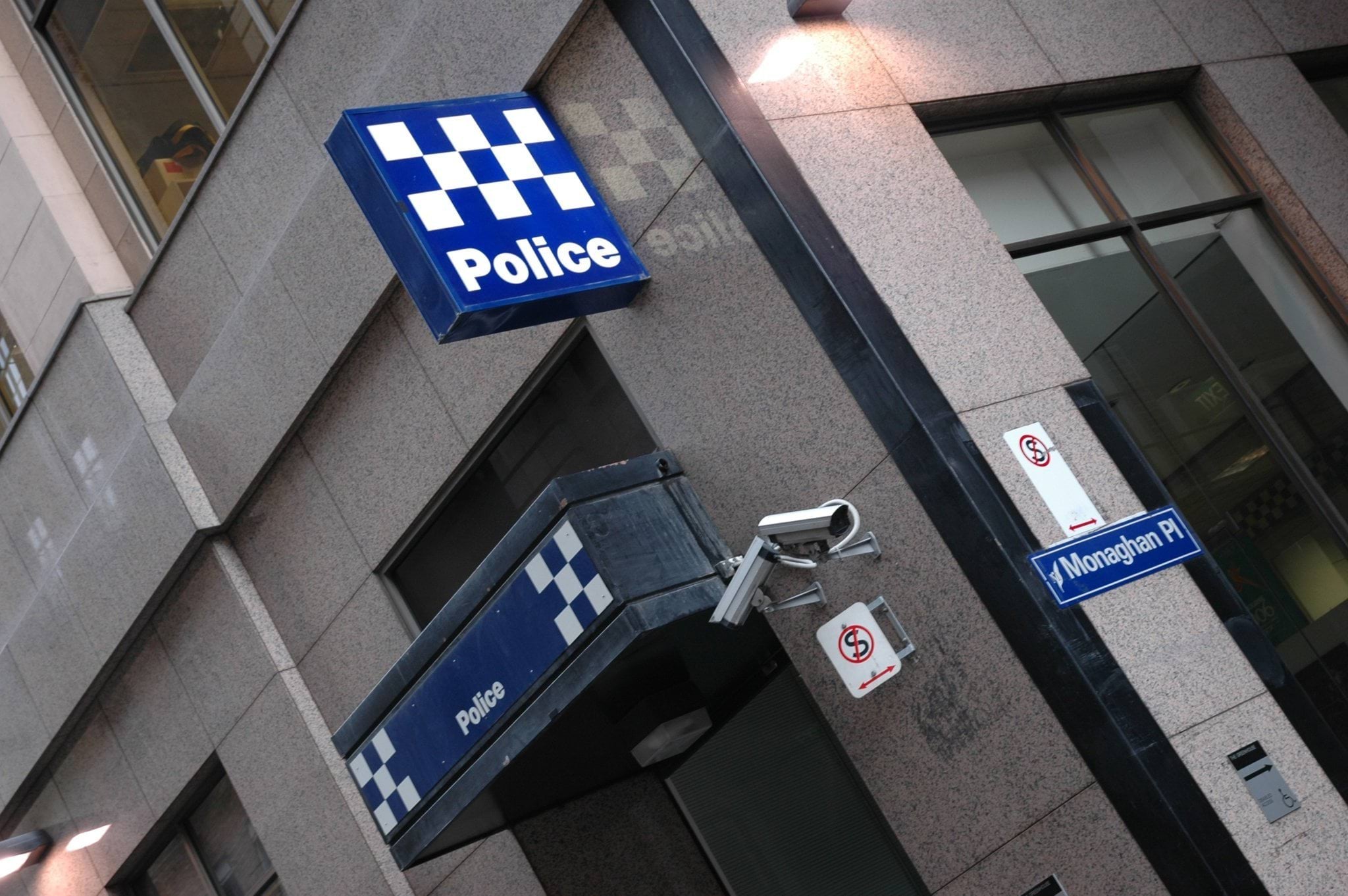CCTV programs can provide many benefits for community safety.
Any household, business or council can register their CCTV system with Victoria Police.
Privately owned CCTV systems
Victoria Police does not provide advice on private CCTV systems.
Households or businesses can seek advice from a security expert, and refer to the Victorian Government CCTV resources.
Register a privately owned CCTV system with Victoria Police
Victoria Police have a state-wide Community CCTV database. Households or businesses can voluntarily register their privately owned CCTV systems with us to add to this database.
This database is for Victoria Police usage only. We may reach out if we believe your system captured footage that could help solve a crime.
We welcome all CCTV systems that cover:
- driveways
- front yards
- streets
- rear laneways
- security doorbells that activate when pressed.
To register your CCTV system, contact your local police station by email.
Provide them with your:
- name and contact details
- CCTV system address
- camera locations and area captured
- how long the footage is stored for.
There is no mandatory CCTV register for privately owned systems in Victoria.
Public access to CCTV footage
The general public has the right to request access to CCTV footage held by Victorian public sector agencies. This is under the Victorian Freedom of Information Act 1982 (FOI Act).
This right of access is subject to limited exceptions and exemptions. To learn more about Freedom of Information and how to make a request, refer to our Freedom of information page.
Council CCTV programs
We have developed CCTV programs with several Victorian councils.
These programs support our policing functions, by assisting us to manage high crime locations and public order.
We welcome all councils to reach out to develop a CCTV program with Victoria Police. We will work with you to plan, design, implement and evaluate the CCTV initiative.
Refer to Victorian Government CCTV resources for more information about what to expect when you start a CCTV project.
Establish a council CCTV program with Victoria Police
Consider the following principles before establishing a CCTV program with Victoria Police.
- Victoria Police is not responsible for the establishment, repair, replacement, maintenance, operation or funding for the operation of the CCTV program.
- Victoria Police involvement in a CCTV program will be to a level that local resources and priorities allow.
- Victoria Police will not constantly monitor a CCTV system. A completed Memorandum of Understanding (MOU) will describe the circumstances under which monitoring may be conducted.
- Victoria Police must have the ability to access and download footage in accordance with protocols referenced in the MOU.
- Victoria Police will coordinate training of local police in their responsibilities in relation to the CCTV program, as set out in the MOU and Victoria Police policies.
Victoria Police will determine the level and priority of responses required to any incident. This will be according to availability of resources, and existing priorities.
Develop a CCTV proposal
Councils should develop a proposal to present the reasons for the CCTV program.
This proposal should include:
- the objectives of a CCTV system
- letters of support
- crime statistics
- advice from security experts.
Councils can engage the Victoria Police Local Area Commander to help develop this proposal.
They will have an understanding of the public safety needs, and the most common kinds of criminal activity in the area.
You can get in touch with your Local Area Commander through your local police station.
Memorandum of Understanding (MOU)
A Memorandum of Understanding (MOU) is a written agreement between two parties.
An approved Memorandum of Understanding (MOU) must be in place in order for the police members to have access to your CCTV footage.
We have an MOU template for CCTV arrangements. To request a copy of the template, complete and submit the following form.
CCTV installation
Crime prevention tips to consider when installing CCTV, and how to use it to protect your home and property.
Updated
